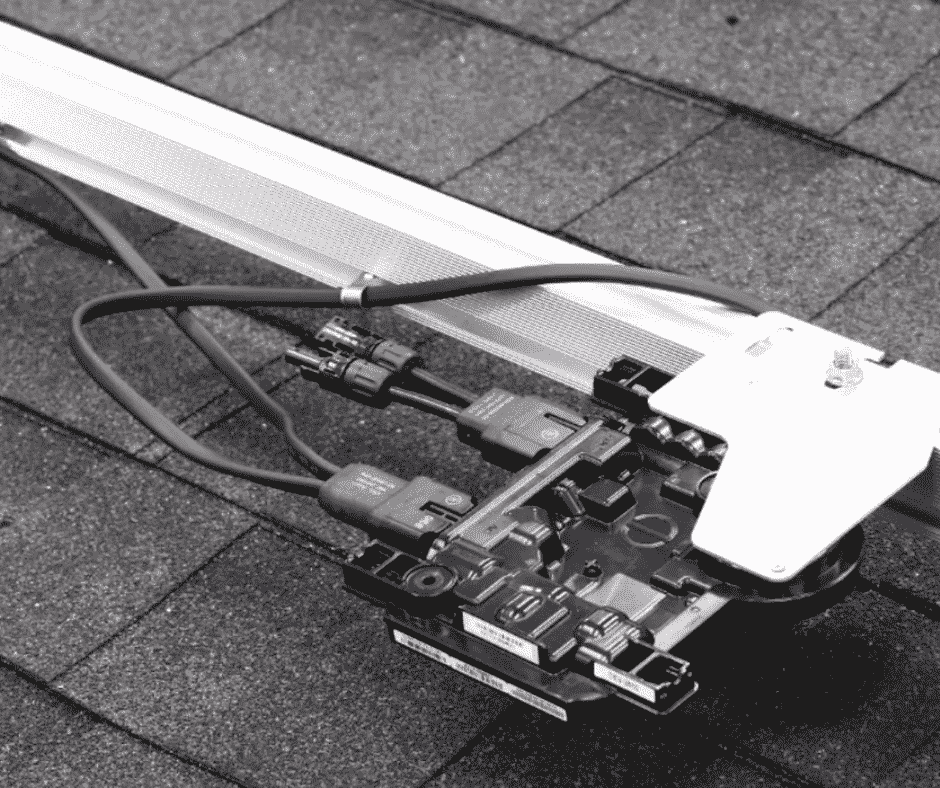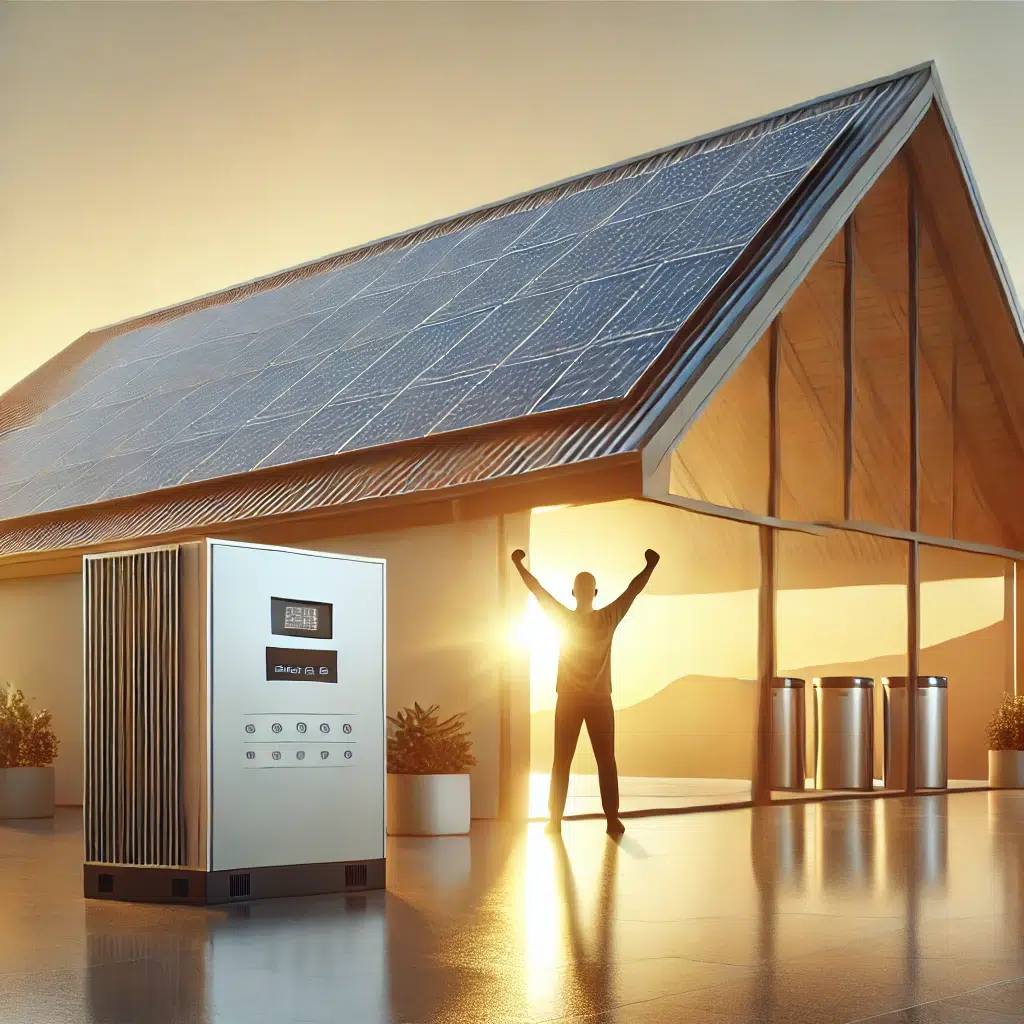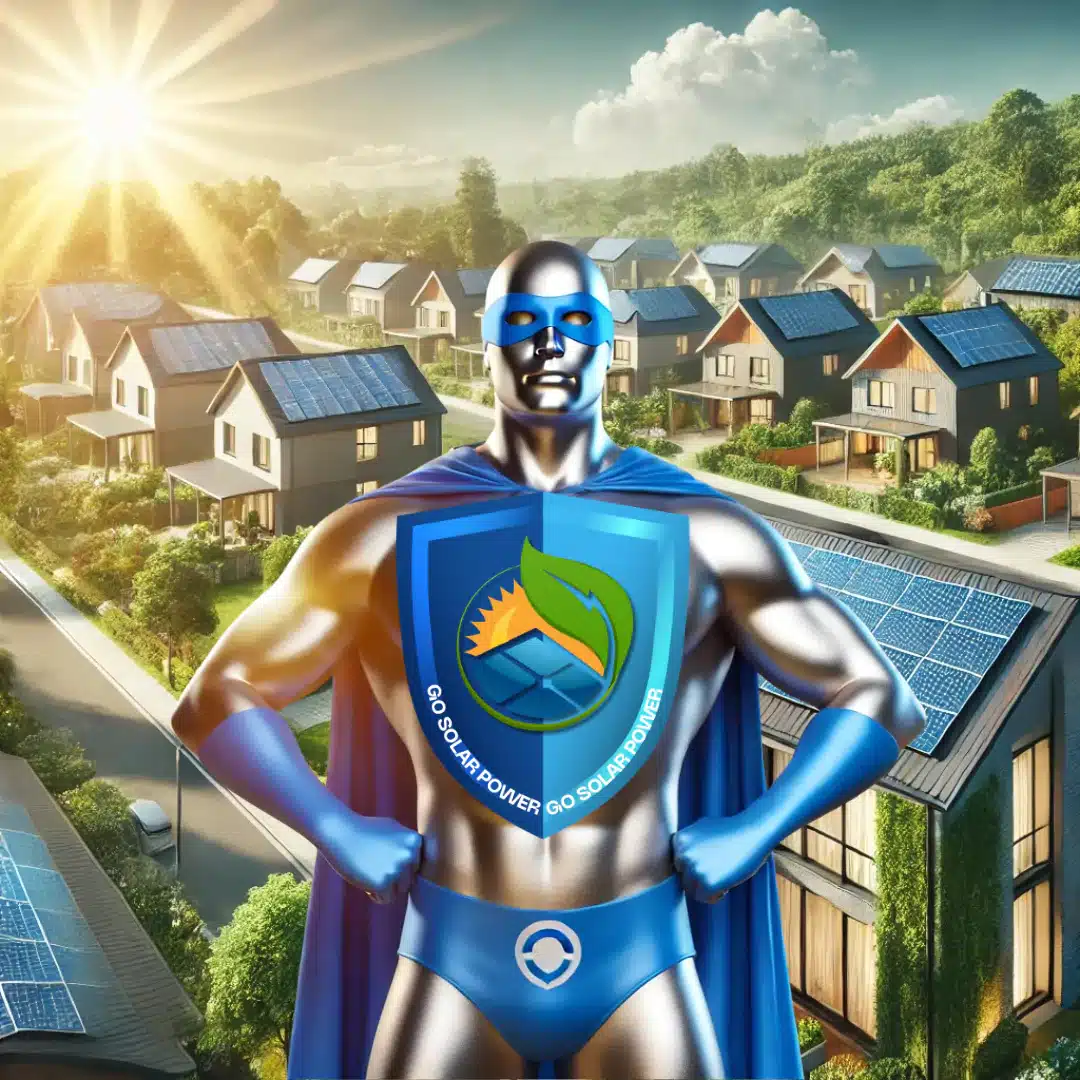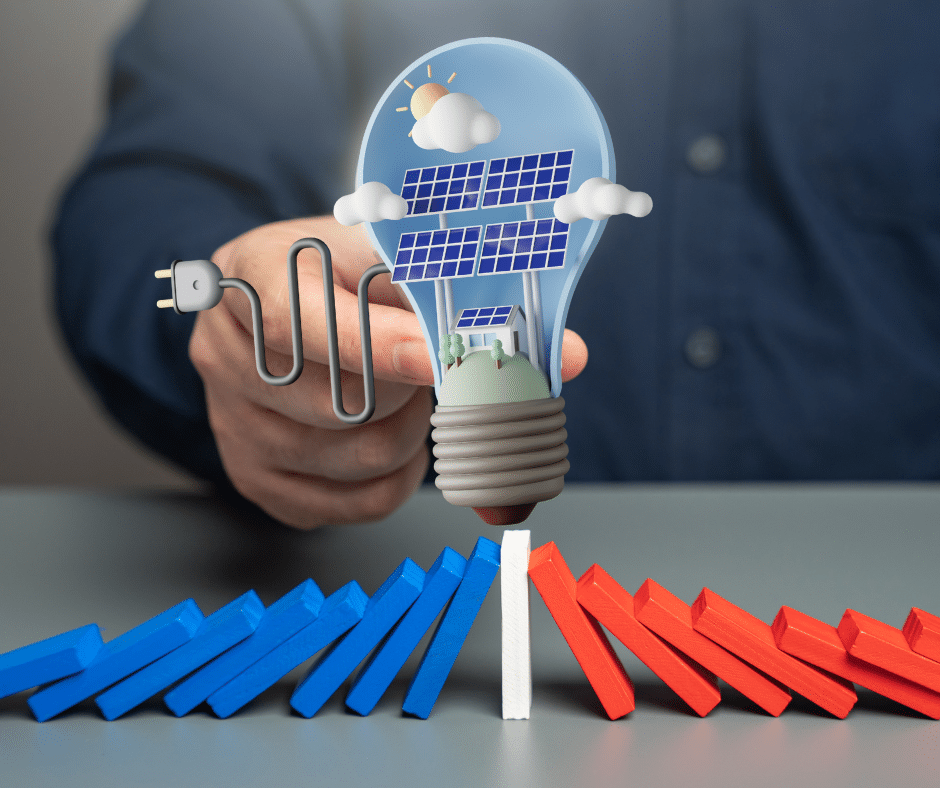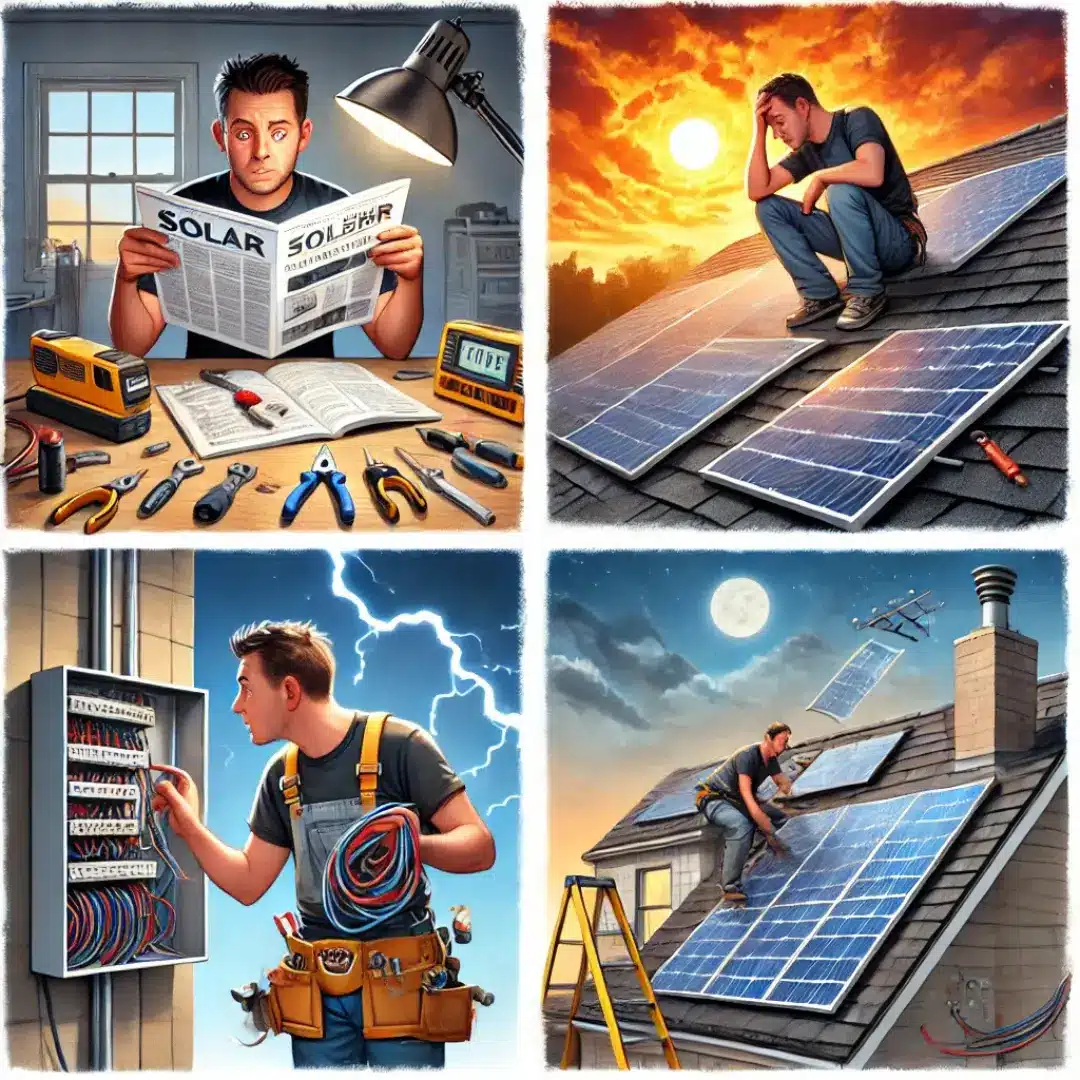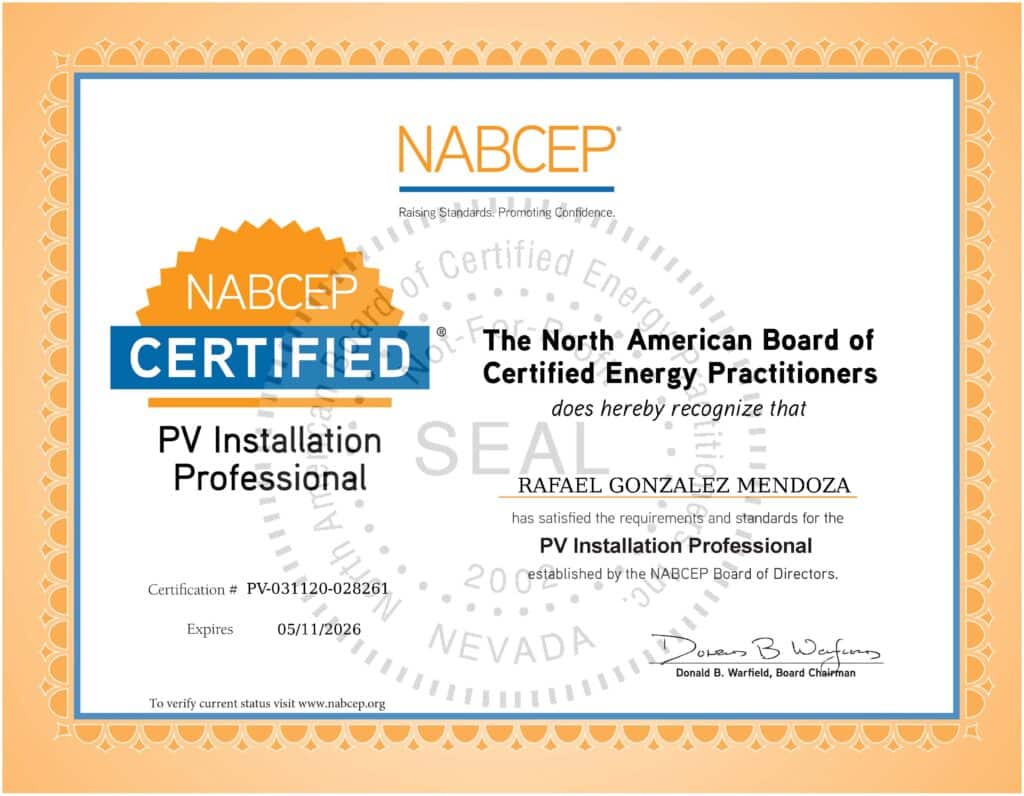What Exactly is a Solar Inverter?
If you have a solar system, a solar inverter basically carries that system on its back. Its primary function is converting direct current (DC) from your solar panels into the current that your home can actually use, alternating current (AC). Solar inverters also serve to communicate with the grid and provide emergency shutoff if needed.
Solar Inverter Functions
Aside from converting electricity from solar panels into something usable, the inverter has other important jobs as well.
Monitoring Voltage
Without a solar panel inverter, your voltage might vary and you would not have the right amount of power. Inverters are responsible to produce the pure clean power by AC electricity. Which means your home appliances will never short out because of the wrong voltage.
Utility Grid Communications
Any linemen working on down power lines require your solar inverters to be communicating with the utility grid. If they did not, your solar panel electricity could end up shocking a lineman working the grid.
Emergency Shutdowns
Program Inverters to detect hazardous electrical arcs and then shutdown in the event of an emergency. This is a safety feature that protects your home.
Types of Solar Inverters to Choose from
You will have different solar inverter options to choose from, with the two primary options being:
- String inverters
- Micro inverters
String Inverters
When you wire panels together, you call this stringing. This will impact how the system will perform. A string inverter should pair up with panels that intend to be strung together. In this case, the DC electricity that you generate would get sent down together to the inverter, and convert it to AC. Since string inverters are accustomed to working with multiple sets of strings, you will not overload the system. If you have a lot of solar panels, you might need more than one string inverter.
You do need to consider that if one panel is in the shade more than an other, the whole set is affected because it is connected. Think of it like the saying, “you are only as strong as your weakest link.”
Micro Inverters
Arguably the best type of inverter. Micro inverters are created to fix problems with system performance. With a microinverter, your whole system will not suffer if one panel has too much shade, like with a string inverter. Micro inverters work to convert DC to AC after each panel, not after the whole string.
Micro inverters cost more money than string inverters, however they are much more efficient. You do not have to replace the entire unit just because one panel stopped working. Install a micro inverter at with a rate reduction, like if the manufacturer is able to get them to integrate with the panels out of the box.
Micro inverters, while a touch more costly, also do usually have substantially longer warranties than other inverters, which could save you a lot of money in the long run.
What is the Life Expectancy of a Solar Inverter?
It is different for each type. Expect a string inverter to last around a decade or two if the install is not right in direct sunshine, which could wear them out sooner. Always check with the manufacturer’s recommendation about where to install your string inverter, as some do better in direct sun than others.
Microinverters are a little new to the solar panel industry, with less is known about the duration. However, while string inverters have a warranty for 10-15 years, you will get a 25-year warranty with a microinverter, meaning it will either last that long or it will be replaced free of charge.
What does Go Solar Power Use, A Sting Inverter or a Micro Inverter?
Don’t underestimate the importance of solar inverters. Go Solar Power only uses Micro inverters as we have found them to be the most reliable source of converting your solar panel energy into the needed energy your home can use.
What Micro inverter does Go Solar Power Use?
Go Solar Power uses the IQ7 Series Microinverter from Enphase. The Enphase Microinverter has a cutting-edge design, the industry’s most rigorous reliability testing, meticulous manufacturing, and continuous feedback from units in the field. The IQ series has been refined for over seven generations. This results in a final product that sets the industry standard for reliability.

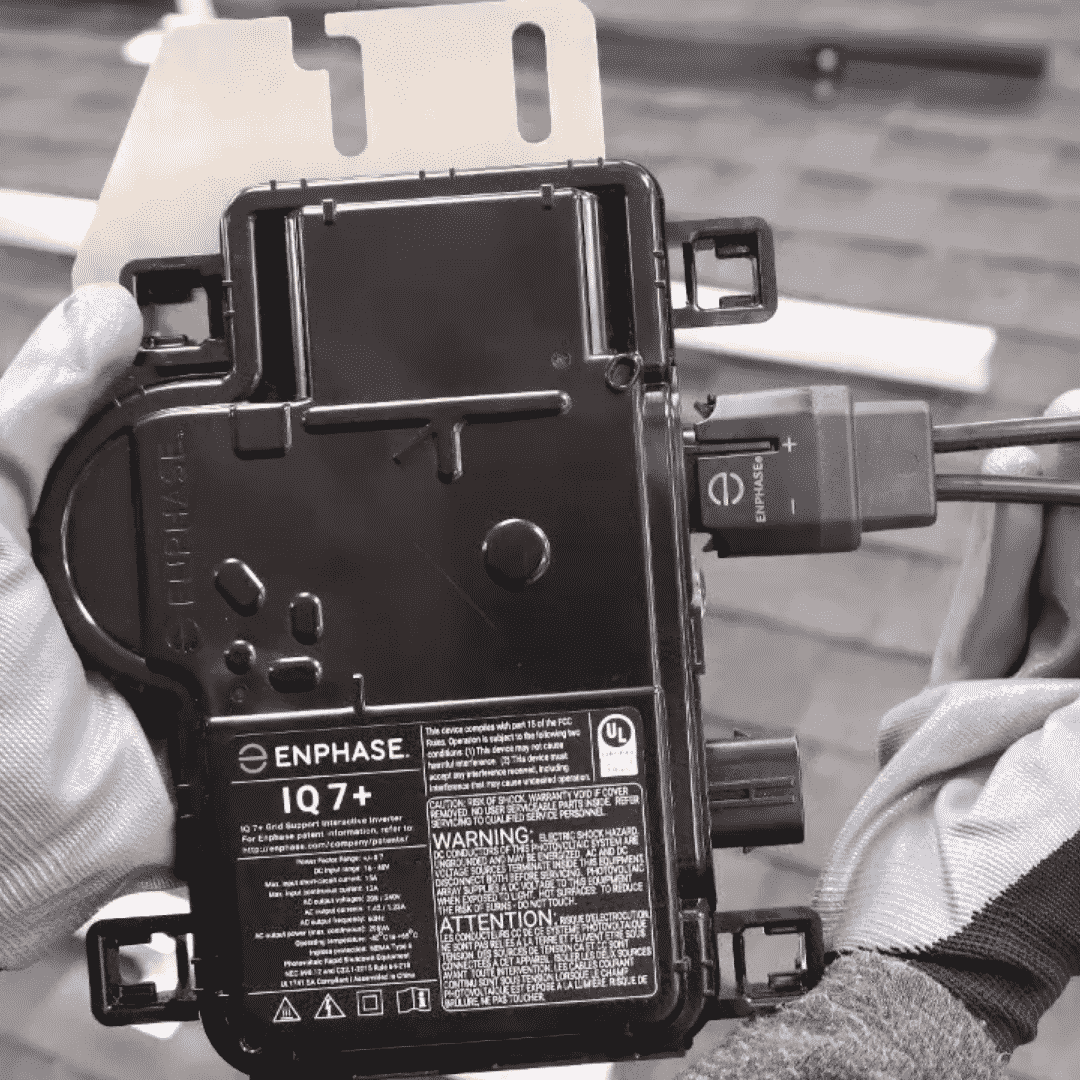
Want to Learn More?
Go Solar Power has specialists standing by to explain how using the best Solar equipment in the industry will translate to a system that will produce clean energy and reduce your dependency on the Electric Company. Call today 800-530-9597 or email us at info@gosolarpower.com.
The Go Solar Power Difference:
- Steep Cash Discounts
- Rates as low as .99% over 20 Years
- Systems Include #1 Micro-Inverter by Enphase
- Installed in 30-45 Days
- Dedicated Service Teams
- BBB A+ Rating
- NABCEP Certified


